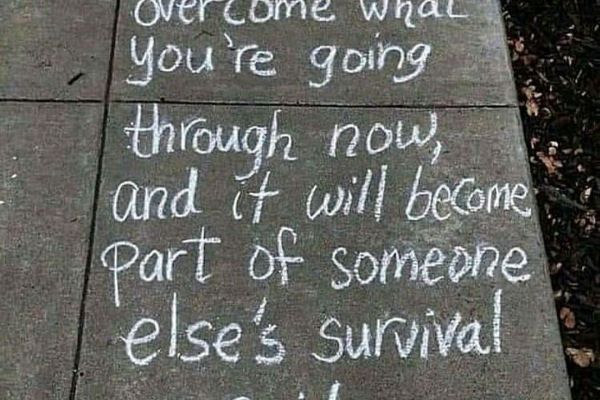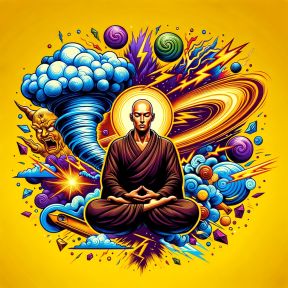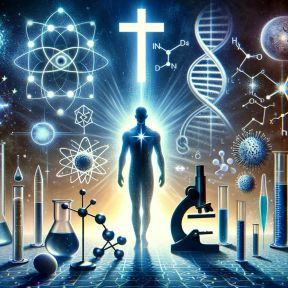Wisdom is one of those qualities that is difficult to define—because it encompasses so much—but which people generally recognize when they encounter it. And it is encountered most obviously in the realm of decision-making.
Psychologists tend to agree that wisdom involves an integration of knowledge, experience, and deep understanding, as well as a tolerance for the uncertainties of life. There's an awareness of how things play out over time, and it confers a sense of balance.
Contents

Wise people generally share an optimism that life's problems can be solved and experience a certain amount of calm in facing difficult decisions. Intelligence may be necessary for wisdom, but it definitely isn't sufficient; an ability to see the big picture, a sense of proportion, intellectual humility, and considerable introspection also contribute to its development.
Wisdom can be acquired only through experience, but by itself, experience does not automatically confer wisdom. Researchers are continuing to probe the social, emotional, and cognitive processes that transmute experience into wisdom.
Numerous theories are emerging to try to measure and model wisdom. A leading theory, developed by psychologists Paul Baltes and others, defines wisdom as “expert knowledge in the fundamental pragmatics of life that permits exceptional insight, judgment, and advice about complex and uncertain matters.” That encompasses five key components: rich procedural knowledge, rich factual knowledge, an understanding of different life contexts, an awareness of the relativism of values and priorities, and the ability to recognize and manage uncertainty. These criteria are measured by introducing hypothetical scenarios and assessing what participants would consider or do in those situations.
But there are other theories of wisdom as well. Sociologist Monika Ardelt believes that individuals develop wisdom as personality characteristics encompassing reflection, compassion, and the pursuit of truth. Psychologist Robert Sternberg understands wisdom as balance between oneself and others so that actions are directed at the common good.
Wisdom encompasses cognitive components, such as knowledge and experience, reflective components, or the ability to examine situations and oneself, and prosocial components, meaning benevolence and compassion. Wisdom is also connected to abilities such as perspective-taking, open-mindedness, and intellectual humility.
Knowledge and intelligence are important components of wisdom, but wisdom is deeper than internalizing facts, theories, or processes. Intelligence explains less of the variance in wisdom-related performance than do personality traits, research suggests. Life experience is one of the strongest predictors of wisdom.
Many people believe wisdom comes from advanced age, but the reality is more complex. Some research finds that wisdom rises until the mid-20s and then remains fairly stable until around age 75, when it begins to decline. Overall, old age doesn’t seem to be necessary or sufficient for wisdom—what matters more may be the motivation to pursue its development.
Difficult experiences certainly have the potential for growth—but they don’t automatically confer wisdom. Wisdom is acquired only by learning from the experience. Both research and clinical observation suggest that people who work to process adversity, derive meaning from it, and allow it to catalyze change are the people for whom hardships lead to wisdom.
Culture can influence which traits are considered virtuous and the education that individuals receive. For example, American culture places a stronger emphasis on achievement, while Japanese culture puts more value on perspective-taking. Experience substantially contributes to the development of wisdom, and culture informs which experiences people have and how they handle them.
Wisdom and faith are in some ways intertwined. They both depend on decentering oneself and seeing a broader picture. Religions often emphasize the importance of living a meaningful life, building community and caring for others, and mentorship and scholarly pursuits, all of which pertain to developing wisdom.

Wisdom largely emerges from reflection on past experience. Wise people incorporate past observations and opinions into a more nuanced style of thinking—considering multiple perspectives rather than black and white options. Being open to new ways of thinking, essentially challenging the status quo, can be a hallmark of wisdom and help to cultivate it.
Balance is also a key component. Wise people generally act on behalf of the common good but also ensure that their own needs are met, striving for harmony among competing demands and goals. Wise people also seek to understand the motives of others, rather than merely judge their behavior. In addition to fostering understanding and respect of others, wisdom can provide a fulfilling sense of purpose.
Wisdom can be gained through a combination of experience and education. Living through experiences such as making weighty professional decisions or resolving painful relationship conflicts provide greater knowledge, and learning to think critically and broaden perspective in an educational setting can help hone the skill as well.
When approaching a decision, open-mindedness, perspective taking, and intellectual humility can all help you arrive at a sound conclusion. These features create a bigger picture, revealing contextual factors that can help identify a fit between the demands of the specific situation and the knowledge you may have about how to handle different situations.
Although wisdom is often perceived as arriving with old age, anyone can work to cultivate the trait right now. Identifying and expressing your values, being honest to yourself and others, focusing on process rather than outcome, learning from mistakes, and believing you have a contribution to make can help you become a wiser person.
Wisdom can take many forms, including practical wisdom (for example Abraham Lincoln and Benjamin Franklin), philosophical wisdom (for example Socrates and King Solomon) and benevolent wisdom (for example Mother Theresa and Martin Luther King Jr.). Practical wisdom may resonate with people most, research suggests—visionaries who provide insight and work strategically to solve social problems.
Historic philosophers such as Socrates believed that wise individuals struggled to transmit that quality to others, and that individuals were therefore inherently wise or virtuous. But some scholars today conceive of wisdom as a skill that can be taught, by imparting critical thinking skills and the importance of reflection, perspective, and life experience.















